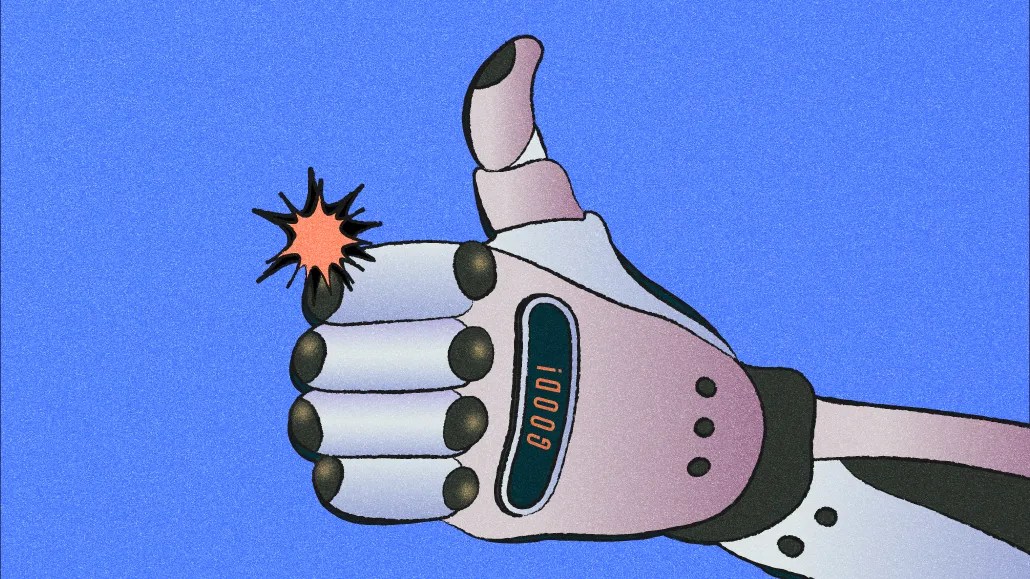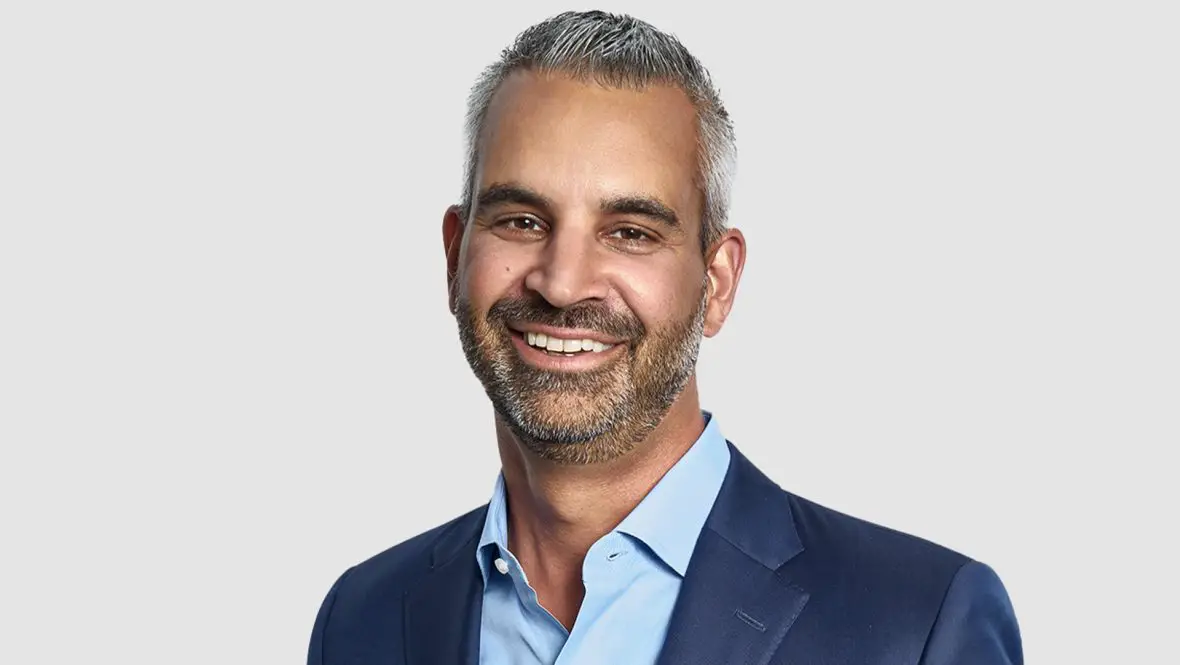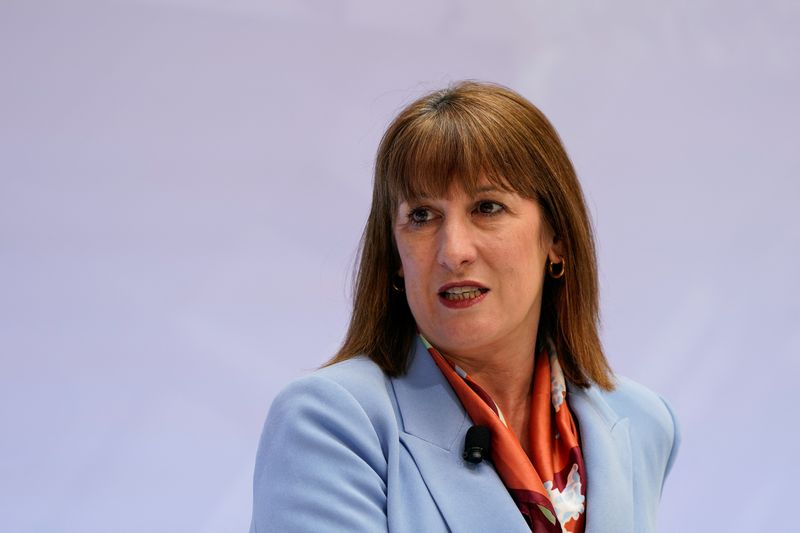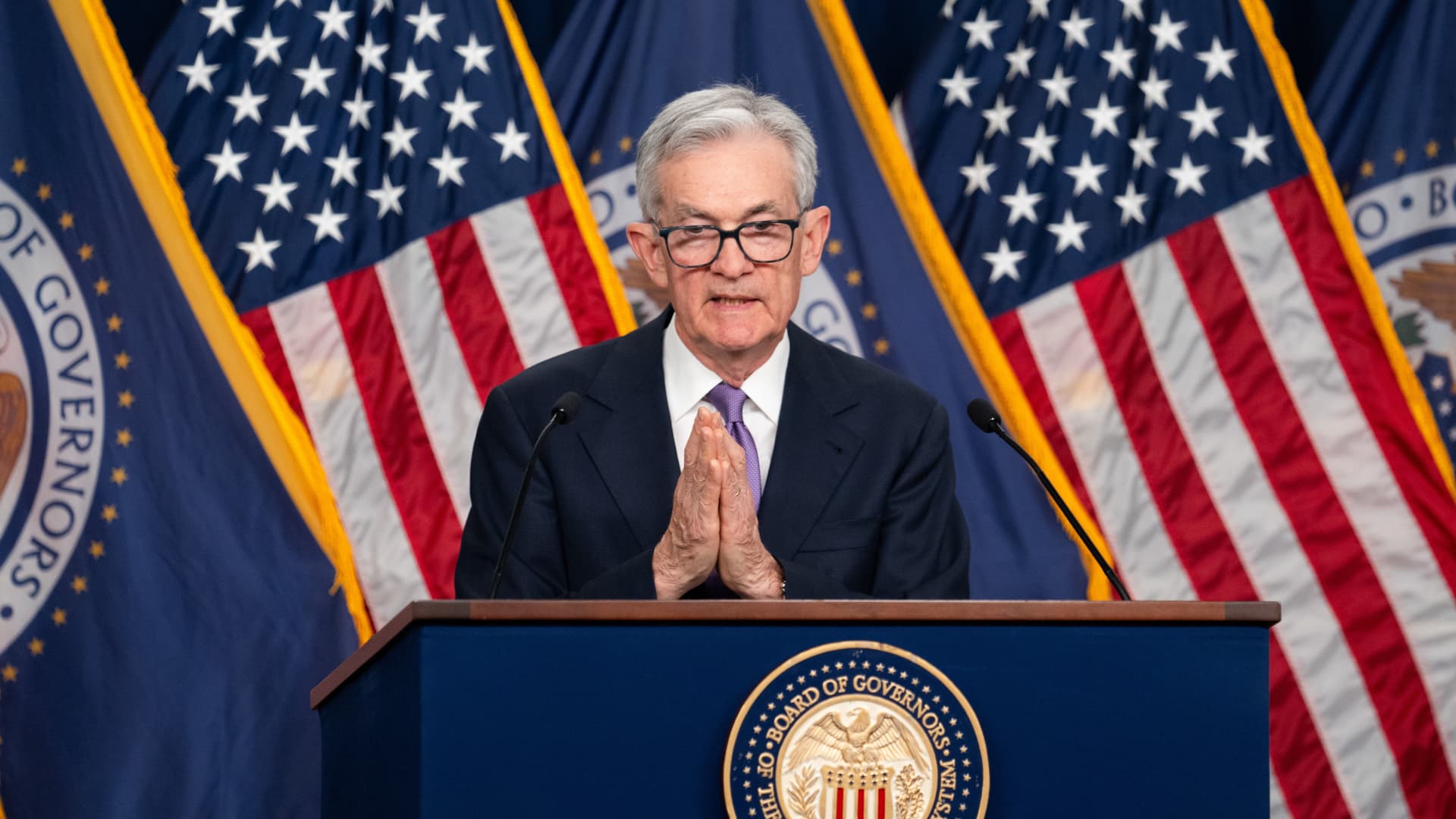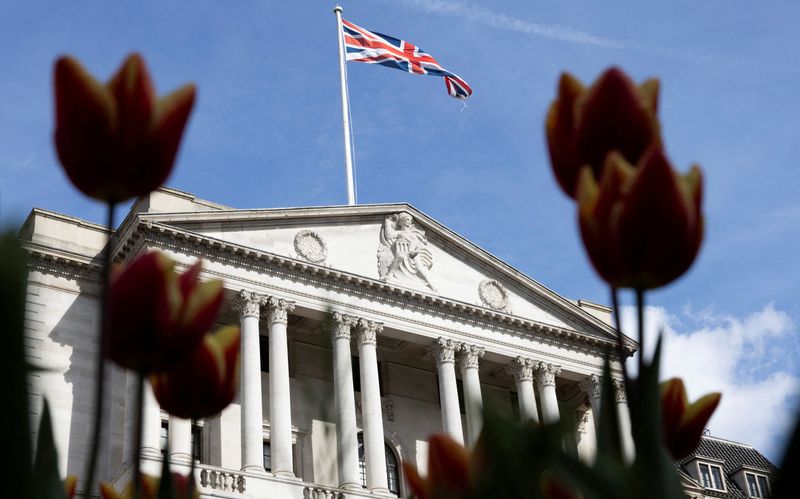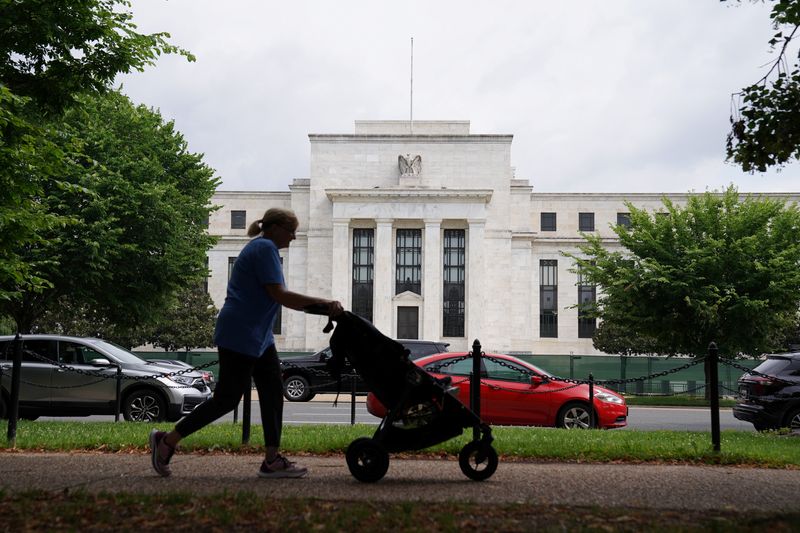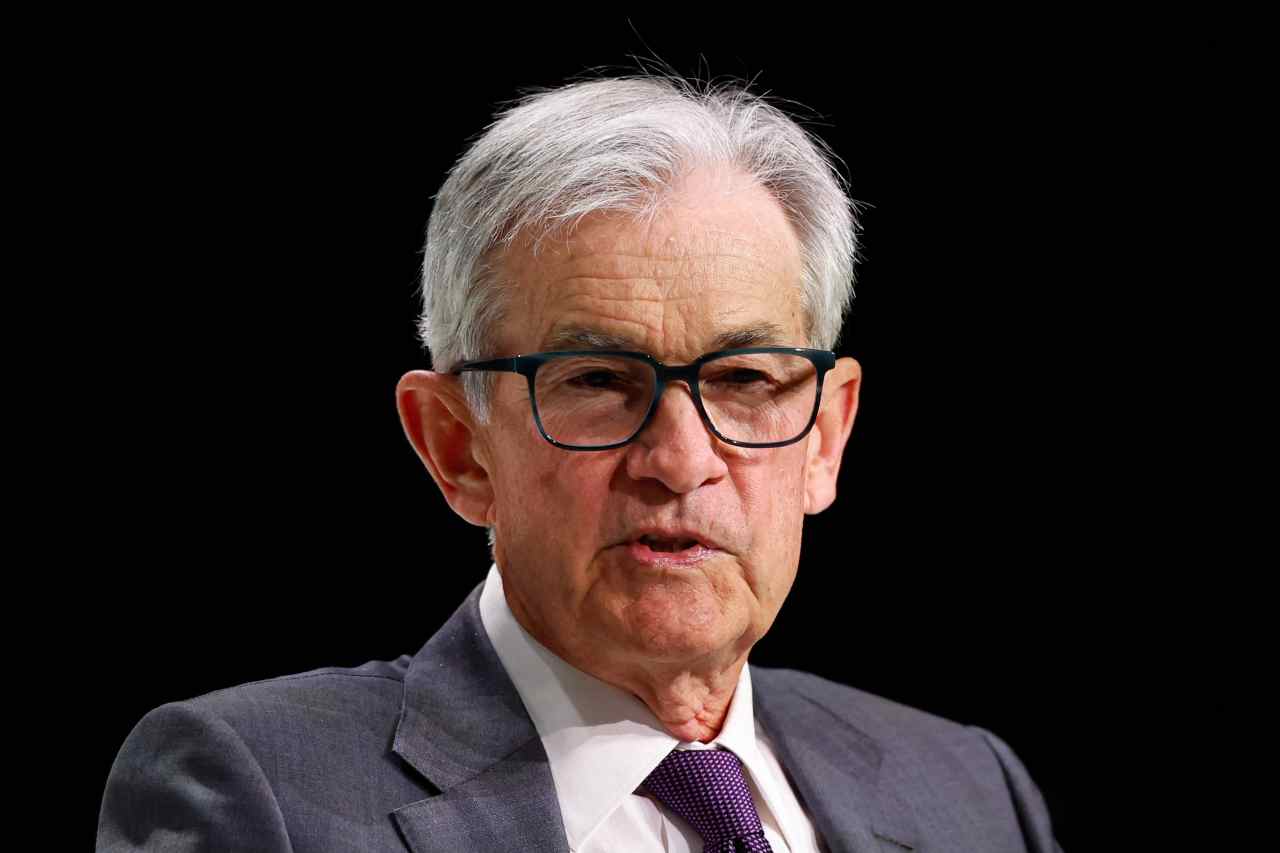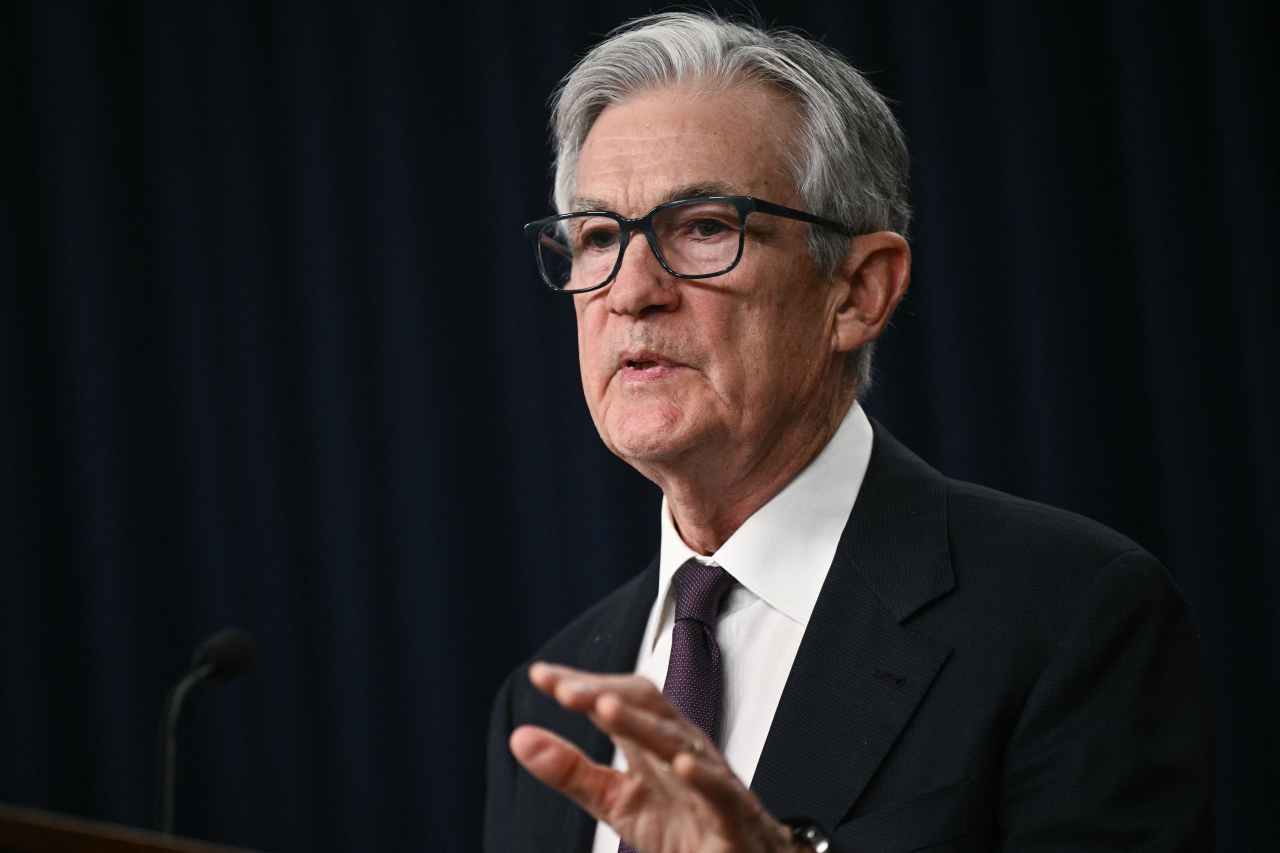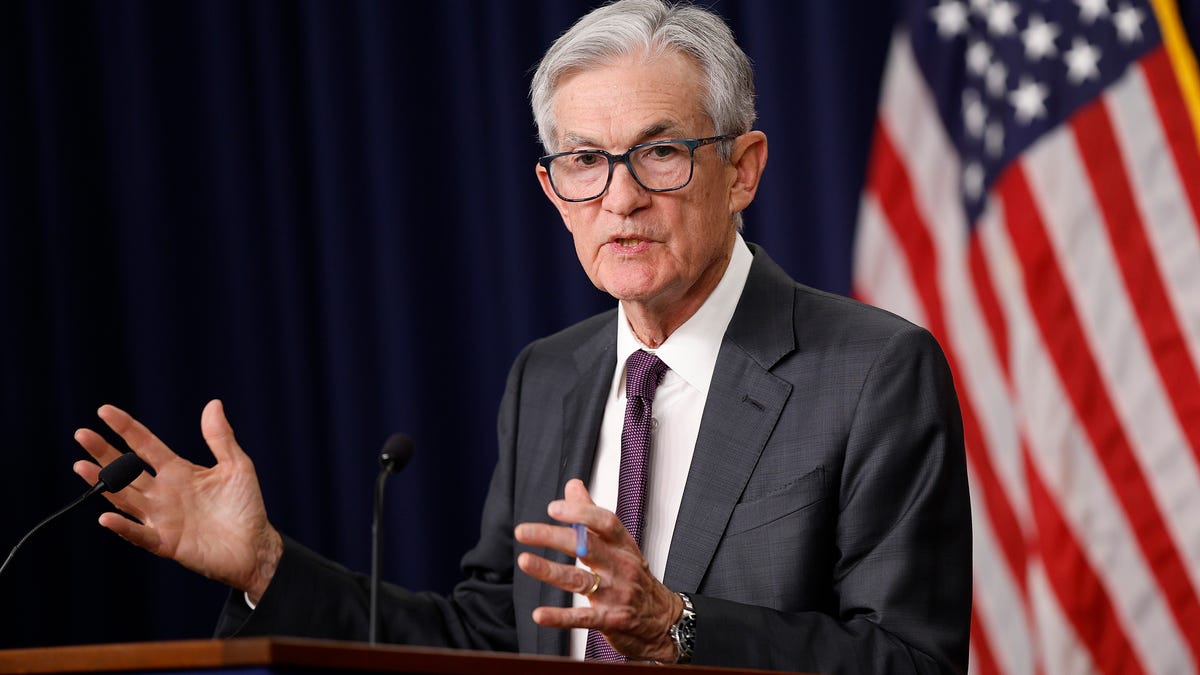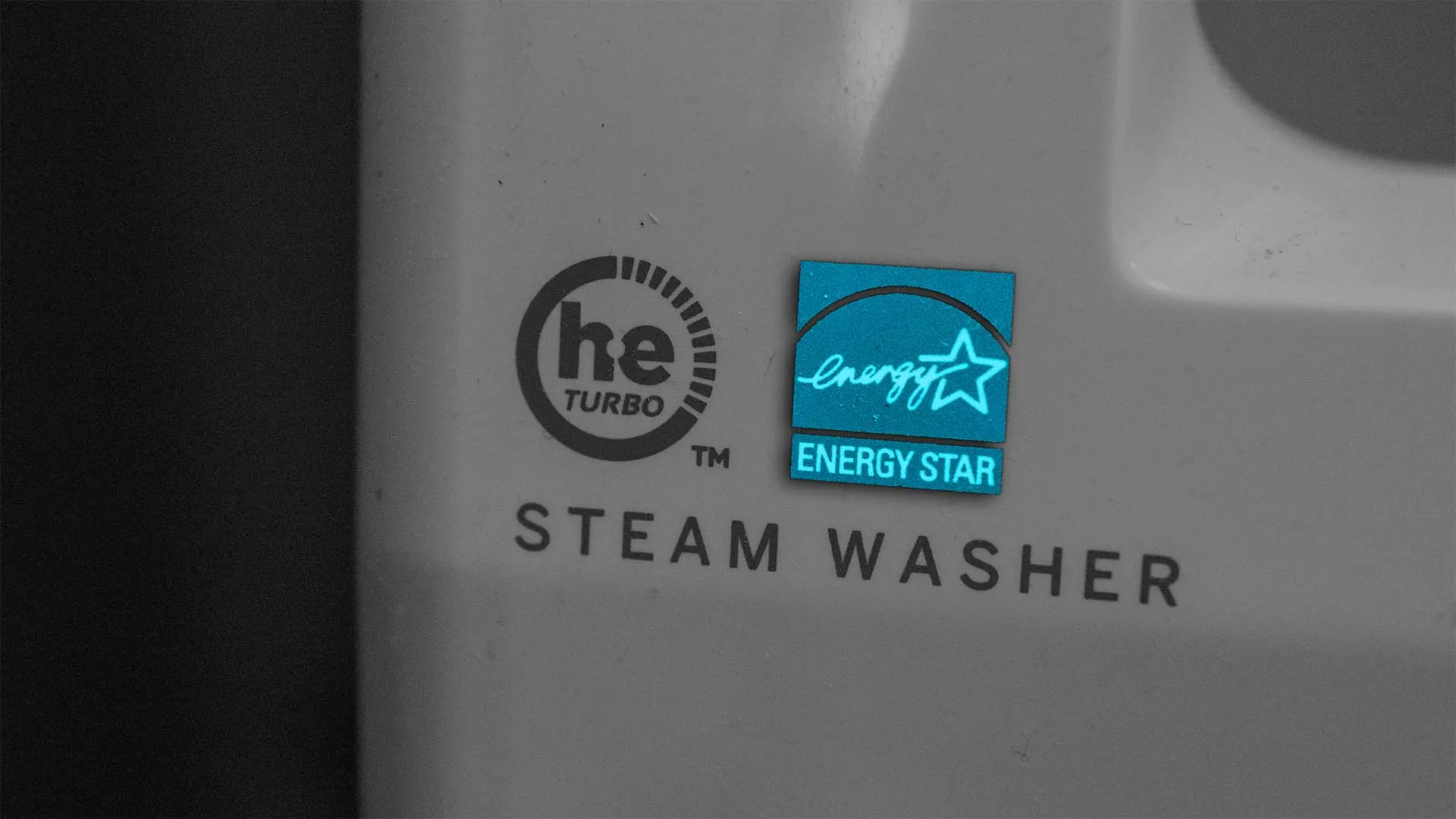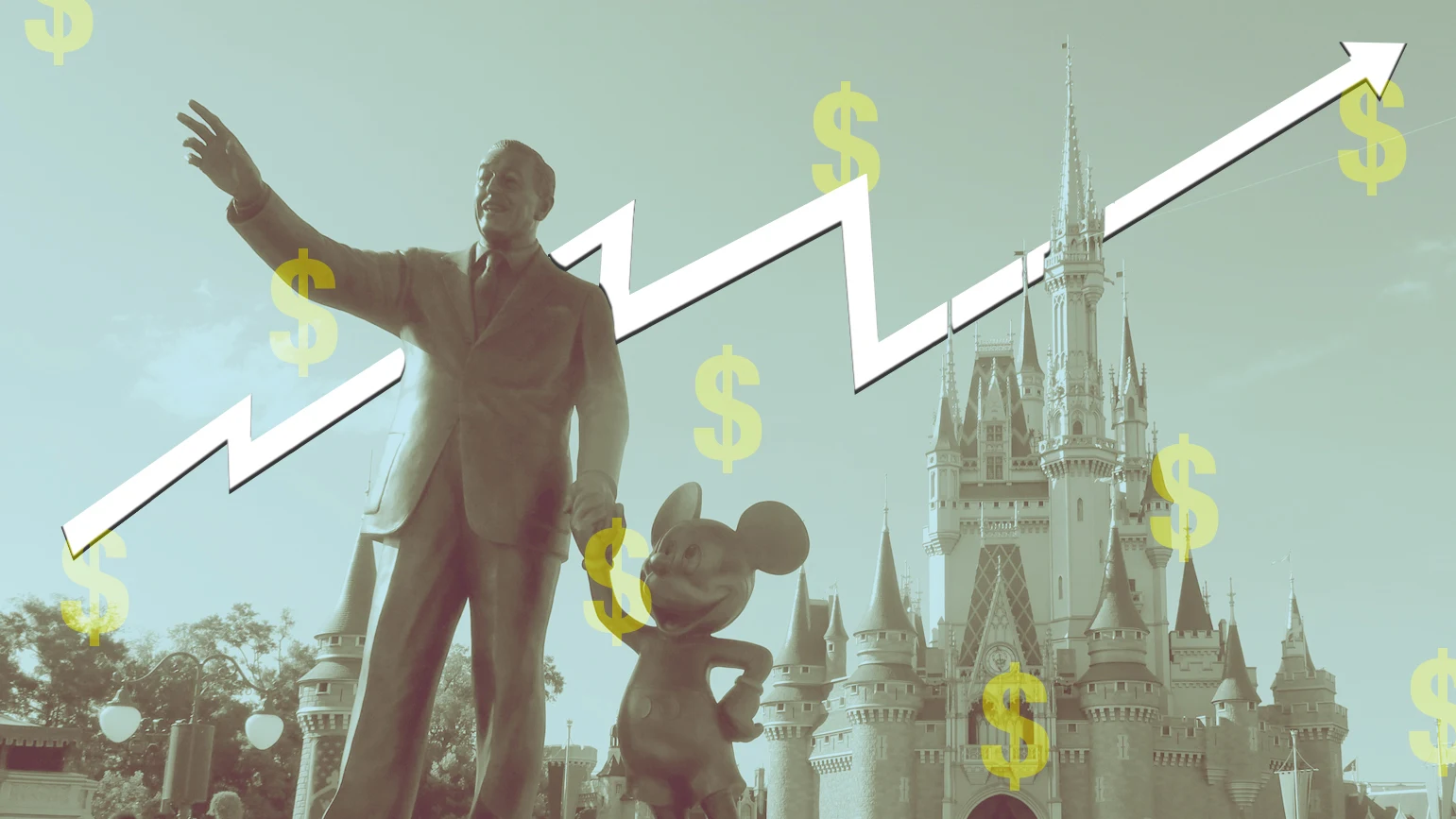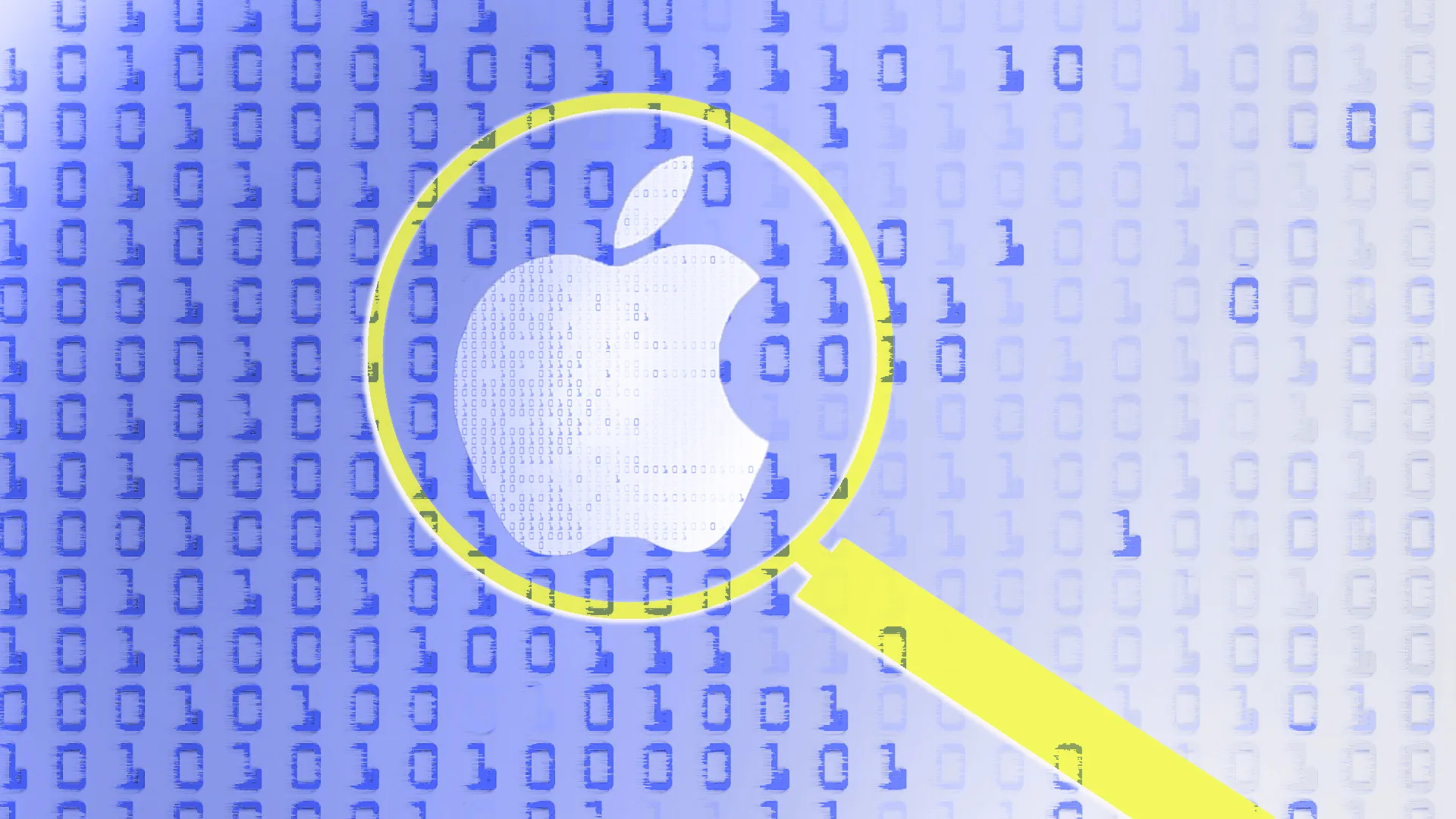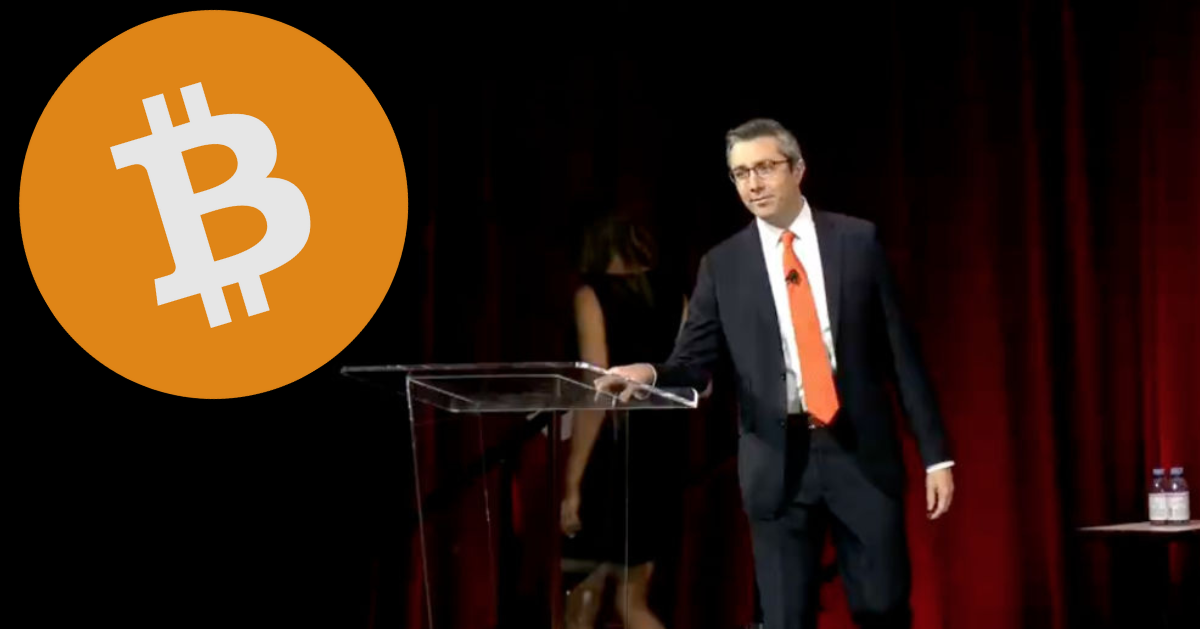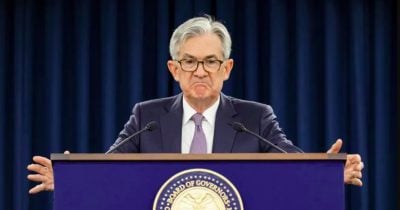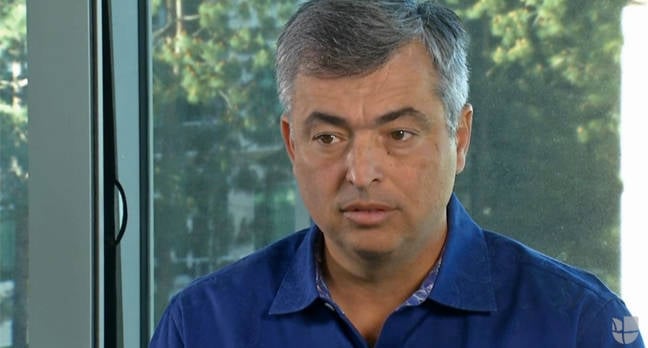Billionaire Ken Griffin reveals the ‘wake-up moment’ in his 20s that helped drive him to success
The hedge fund manager, now worth $42 billion, was inspired early in his career by a plaque on an office wall that read: “If we’re all going to eat, someone has to sell.”

- Billionaire hedge fund manager Ken Griffin is worth a staggering $42 billion—and he says his success is largely thanks to learning to take risks early in his career. “When you’re in your 20s, what’s your worst-case scenario?” the Citadel CEO advises Gen Z students.
Confidence and conviction don’t come easy—especially when you’re just getting started in your career. It’s often sparked by a promotion or a winning pitch. For Citadel CEO Ken Griffin, it all started with the message on a plaque in the office of an early financial backer.
The billionaire recently recalled the “wake-up moment" in his 20s that set the tone for his career.
“Of all the things that this man could have around him, he’s got this cheesy $10 plaque that says, ‘If we’re all going to eat, someone has to sell,’” Griffin said to students at Stanford University’s Graduate School of Business last week.
“And it speaks to the importance of what it takes to build a business. You’re always selling.”
With selling—whether it be to candidates, customers, or vendors—rejections are inevitable, he added. But the sooner Gen Z entrepreneurs gain the confidence to take risks in their careers, the better. The consequences of going out on a limb are slimmer without kids or a mortgage to worry about, he said.
“When you’re in your 20s, what’s your worst-case scenario? It’s not that bad. If you’re in your 40s and you go to start a venture, there’s more downside,” Griffin said. “I really deduced that in my 20s, I would take risk in my career. Why not? I have nothing to lose.”
For Griffin, three decades worth of taking investment risks largely paid off—as the 56-year-old is now worth nearly $42 billion, according to Bloomberg’s Billionaire Index.
Fortune reached out to Griffin for comment.
Griffin shares the secret to standing out
As a hedge fund manager, Griffin is constantly at the forefront of trying to figure out the next great investment opportunity—and that includes investing in people and their skills.
In terms of hiring, Griffin told students at his high school alma mater the top skills he values are intellect, aptitude, and communication. And he can instantly tell whether or not someone will go on to become successful based on how adaptable to change they are.
“The entrepreneurs of any moment in time are the people that have the skill set that is relevant to solve the problems of that moment in time,” Griffin said. “And I think that’s a very succinct understanding of what drives many of your great entrepreneurial success stories.”
For new entrepreneurs, he said it’s important to not spend all your time focused on what goes wrong; instead spend it figuring out what can go right and what it’s going to take to win.
“You just don’t want to go on the frontal assault. You’re going to lose,” Griffin said. “But how do you get under the radar of your competition? How do you solve a problem with a customer that they’re not paying attention to? You need to think outside of the box in building a startup.”
Success is a ‘team sport’
Citadel is one of the most successful hedge funds in history, having raked $74 billion in net profits between 1990 and 2023.
However, despite Griffin’s massive personal fortune gained from the company’s success, the key to Citadel’s success has been maintaining a team-first mentality, he said—something that’s especially critical during times of economic uncertainty.
“The key is that Citadel is a team sport. I am so fortunate to have extraordinarily strong partners that help to create resilience because everyone has a down day, a down week, a down month,” he said to the Stanford students. "Having really good partners who have really good judgement help, too; it’s a huge force in moments of dislocation.”
Surrounding oneself with the right people is a mantra shared by billionaires alike. For example, Warren Buffett is famously known for his close relationship with the late Charlie Munger, and billionaire David Rubenstein recently went out of his way to clarify that attitude goes a long way in business.
“Hire people who are hopefully smarter than you, reasonably hard-working, people who are interested in what you’re doing with your company,” Rubenstein said.
This story was originally featured on Fortune.com








